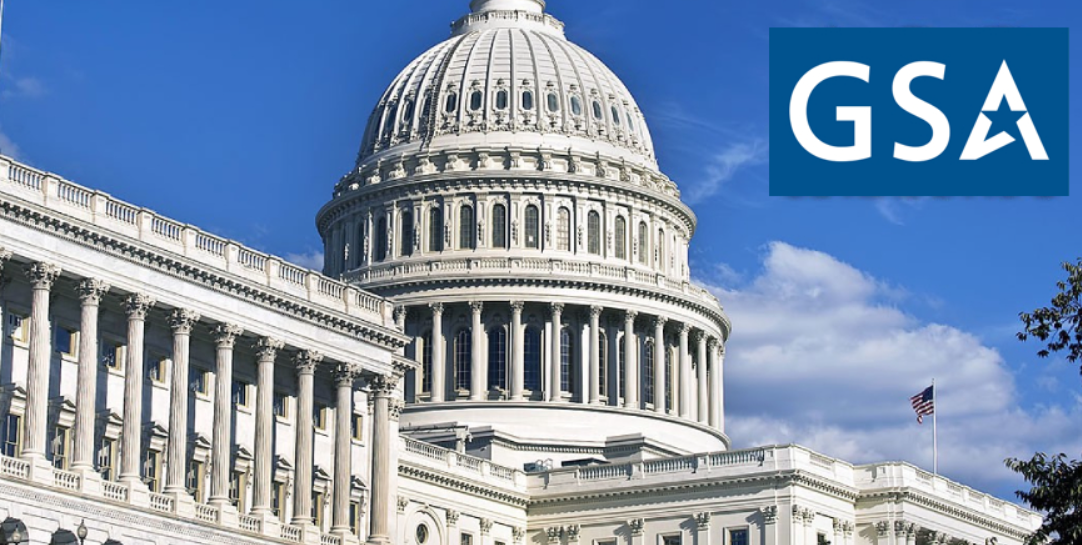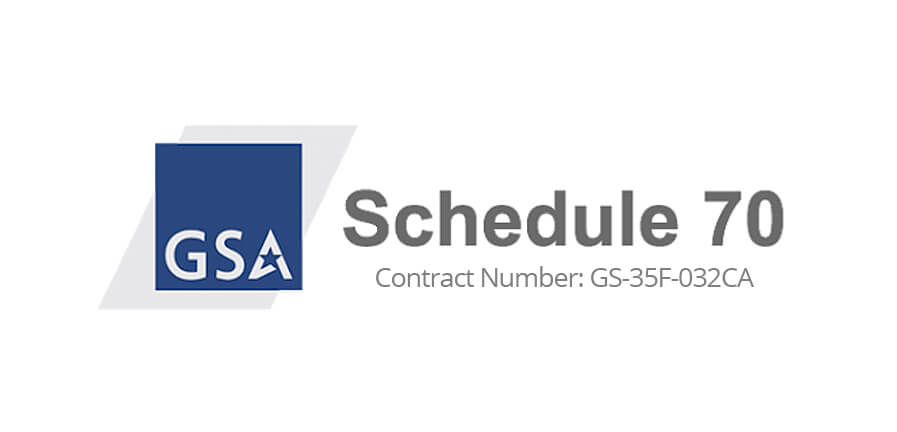The General Services Administration (GSA) Schedule is a coveted opportunity for businesses seeking to engage in federal contracting. It serves as a streamlined avenue for government agencies to procure goods and services from pre-vetted vendors, fostering efficiency and cost-effectiveness. However, the path to obtaining a GSA Schedule is not without its intricacies.
Understanding the GSA Schedule
1. What is a GSA Schedule?
At its core, a GSA Schedule is a long-term government-wide contract with commercial firms that provides access to a vast array of products, services, and solutions. These contracts, also known as Multiple Award Schedules (MAS), simplify the procurement process for government agencies, as they can efficiently purchase pre-approved offerings from GSA Schedule contractors.
2. Advantages of GSA Schedule Participation:
The allure of GSA Schedules lies in the advantages they offer to both vendors and government agencies. For vendors, securing a GSA Schedule provides a direct channel to federal buyers, streamlined negotiations, and the potential for increased sales. Government agencies benefit from access to a pool of pre-qualified vendors, reducing procurement lead times and promoting cost savings.
GSA Schedule Eligibility Criteria
1. Legal Business Structure:
To be eligible for a GSA Schedule, a business must operate under a legal business structure recognized by federal and state authorities. This includes sole proprietorships, partnerships, corporations, and limited liability companies (LLCs). Ensuring compliance with legal requirements is a foundational step in the eligibility process.
2. Financial Stability:
GSA assesses the financial stability of potential Schedule contractors to ensure that they possess the resources and capacity to fulfill government contracts. This involves scrutiny of financial statements, credit reports, and other indicators of financial health. Demonstrating fiscal responsibility is crucial to gaining approval.
3. Past Performance:
A track record of successful performance on previous contracts is a significant factor in GSA Schedule eligibility. Vendors must showcase their ability to meet contractual obligations, deliver quality products and/or services, and adhere to established timelines. Past performance evaluations from government agencies play a pivotal role in this assessment.
4. Commercial Sales Practices:
Vendors seeking a GSA Schedule must disclose their commercial sales practices, including pricing structures, discounts, and terms and conditions. The GSA uses this information to negotiate fair and reasonable pricing on behalf of government buyers. Full transparency is essential to establishing trust and compliance.
5. Technical Qualifications:
Depending on the nature of the products or services offered, technical qualifications may be a prerequisite for GSA Schedule eligibility. This could involve certifications, licenses, or other credentials that validate the vendor’s expertise and ability to meet the specific requirements outlined in the Schedule.
6. Compliance with Trade Agreements:
GSA Schedule contractors must comply with various trade agreements, including the Trade Agreements Act (TAA). This ensures that products and services offered under the Schedule adhere to specified trade requirements, promoting fair competition and adherence to international trade standards.
The Application Process
Once a business confirms its eligibility, the next step involves navigating the GSA Schedule application process. This typically includes the following key steps:
1. Preparation:
Thoroughly research the specific GSA Schedule that aligns with your offerings. Prepare all required documentation, ensuring accuracy and completeness.
2. Submission:
Submit your application through the System for Award Management (SAM) and the GSA eOffer system. Provide detailed information about your business, products, services, and pricing.
3. Negotiation and Review:
GSA will review your application and engage in negotiations to finalize contract terms, pricing, and other relevant details. This phase may involve back-and-forth discussions to reach mutually agreeable terms.
4. Award:
Upon successful negotiations, GSA will award you a GSA Schedule contract. This formalizes your status as an approved vendor eligible to conduct business with federal agencies.
Challenges and Strategies
While the prospect of obtaining a GSA Schedule is enticing, businesses often encounter challenges throughout the process. Common hurdles include the complexity of the application, fierce competition, and the need for ongoing compliance. To navigate these challenges successfully, consider the following strategies:
1. Seek Professional Assistance:
Engaging the services of consultants or experts well-versed in the GSA Schedule process can streamline your application and negotiation efforts. These professionals bring valuable insights and experience to the table.
2. Thoroughly Understand Requirements:
Take the time to fully comprehend the specific requirements of the GSA Schedule you are pursuing. Tailor your application to align with these requirements, demonstrating a clear understanding of the government’s needs.
3. Build and Showcase Past Performance:
Prioritize showcasing your past performance through case studies, testimonials, and relevant metrics. A strong track record enhances your credibility and bolsters your chances of approval.
4. Stay Informed About Changes:
The landscape of federal contracting is dynamic, with regulations and requirements subject to change. Stay informed about updates, amendments, and new policies to ensure ongoing compliance and adaptability.
Conclusion
In conclusion, the journey to obtaining a GSA Schedule is a multifaceted process that demands careful consideration, strategic planning, and a commitment to compliance. Eligibility hinges on a combination of legal, financial, and performance-related factors, and successful navigation of the application process requires attention to detail, with a proactive approach. As business entities embark on this endeavor, understanding the nuances of GSA Schedule eligibility criteria will serve as a compass, guiding them toward fruitful engagements with federal agencies and contributing to the broader landscape of government contracting success.








